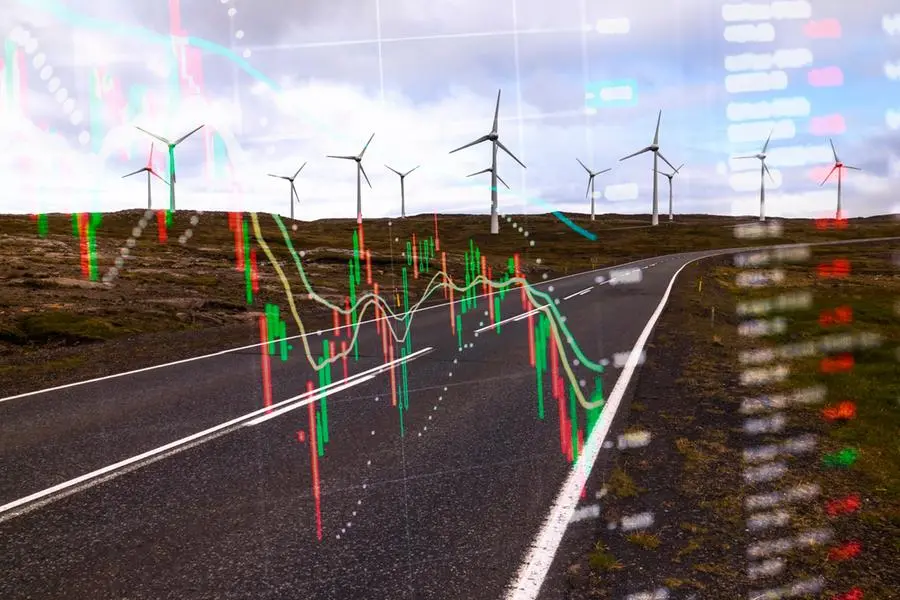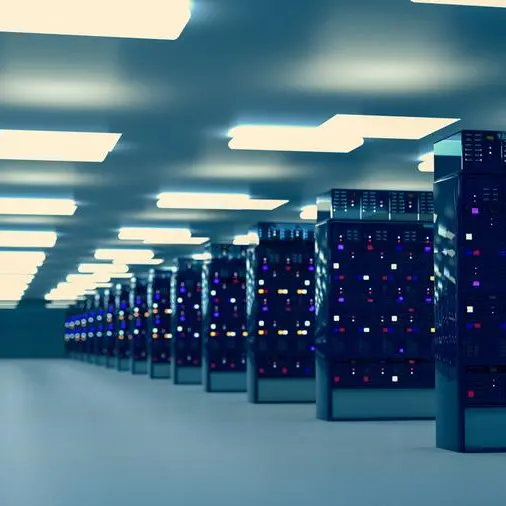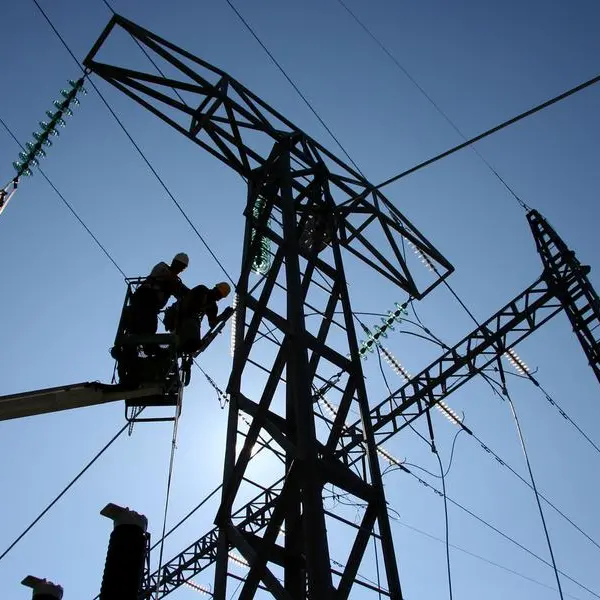PHOTO
BERLIN - Germany achieved a new record for renewable energy generation, covering some 58 percent of its electricity consumption in the first half of 2024 with wind, solar, biomass and hydropower.
This is the result of projections by the Centre for Solar Energy and Hydrogen Research in the south-western state of Baden-Württemberg (ZSW) and the German Association of Energy and Water Industries (BDEW), which were made available to German news agency, dpa, on Monday.
Of the 58 percent of Germany's renewable energy generation, 24 percent came from onshore wind generation, 14 percent from photovoltaics, 9 percent from biomass, 5 percent from hydropower, 5 percent from offshore wind power and 1 percent from electricity generation from municipal waste.
The share of renewable energy has increased from 52 percent in the first half of last year. The BDEW emphasised that renewable energies have made up more than 50 percent of electricity consumption every month until June. Since April, their monthly share has been 59 percent.
"In particular, photovoltaic systems produced a total of 37 billion kilowatt hours, significantly more electricity than in the previous year – also thanks to the record expansion in 2023," the report said.
In June, photovoltaic systems generated more than 10 billion kilowatt hours of electricity within a month for the very first time. Hydroelectric power also contributed above-average electricity generation with 12 billion kilowatt hours.
The chairwoman of BDEW's chief executive board, Kerstin Andreae, described the figures as "a reward for the persistent expansion of wind energy and photovoltaic systems in recent years." It was crucial to build hydrogen-capable gas power plants, she said.
"Despite the encouraging figures, electricity generation from wind and sun is not constant. We need secure power for system services and times when the sun is not shining, and the wind isn't blowing."





















